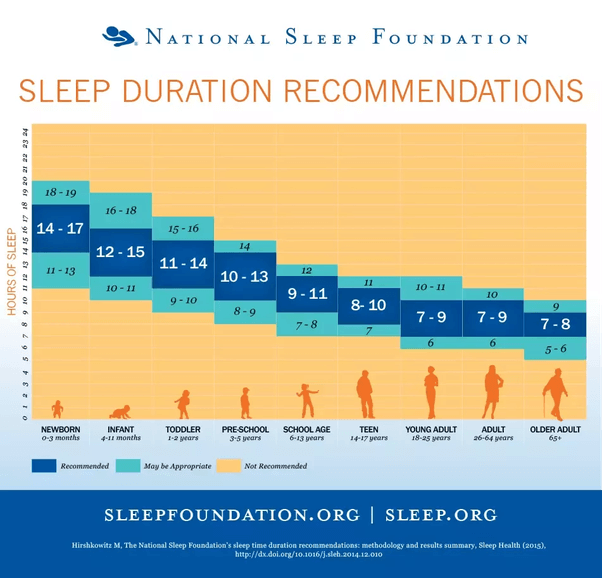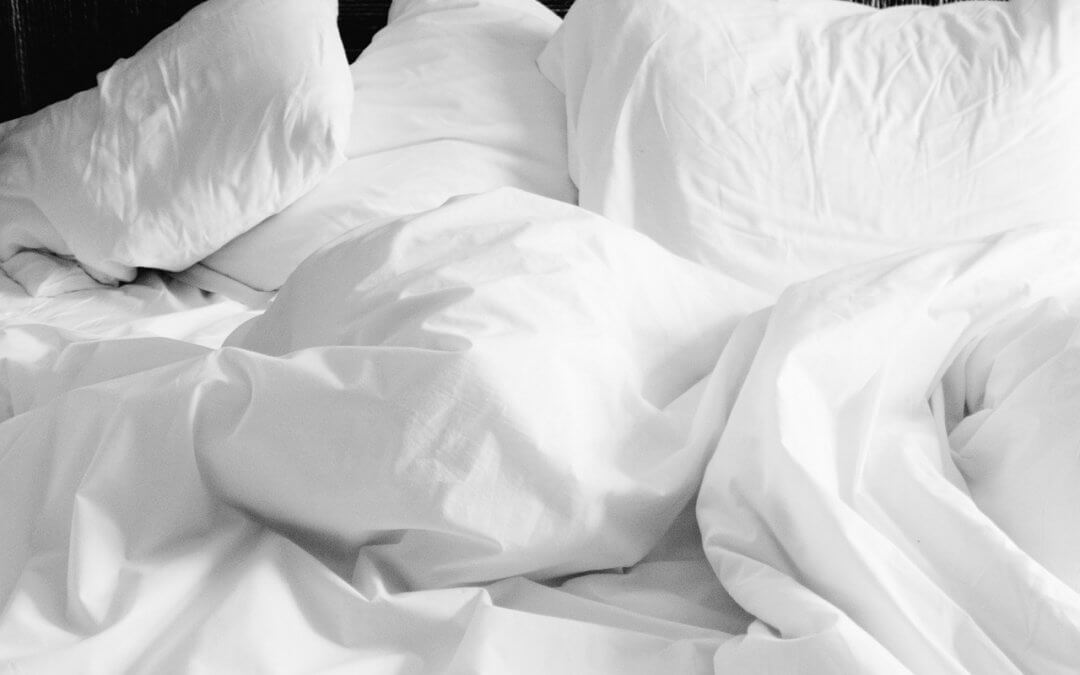Not only do we feel and function better when we get enough sleep, some research suggests it may help reduce the risk of breast cancer recurrence.
I love to sleep.
Actually, my husband may love for me to sleep even more than I love for me to sleep.
When I don’t get my sleep I’m like a 4 year old; short of temper, patience and focus, long on buzzy energy that flames out quickly and un-prettily.
Humans can survive approximately 8-11 days without sleep, however, not without serious cognitive decline. If I were to stay awake for 8-11 days, there would be serious marital decline, not to mention the complete loss of my mind. (1)
A 1962 scientific article titled “The Psychosis of Sleep Deprivation” references ‘tortura insomniae”; a treatment used for those accused of witchcraft. Discussing the effects of prolonged wakefulness where “. . .these half-crazed creatures were prevented night after night and day after day from sleeping or even resting”, the authors recount how “. . . temporary delusion became chronic insanity, mild cases became violent, and torture and death ensued. . .”. (2)
Share THAT with your friends who brag about getting (or needing) little sleep.
Sleep is restorative, we must have it to survive, and we’ve known and studied this fact for decades. Yet surprisingly, scientists still don’t know exactly why, nor even what the precise benefits of sleep are (3).
Sleep and Breast Cancer
Not only do we feel and function better when we get enough sleep, some research suggests it may help reduce the risk of recurrence. A very small observational study conducted in 2012 identified an association between average sleep duration pre-diagnosis and OncotypeDX scores in post-menopausal women. OncotypeDX is a test used to guide treatment decisions in early stage hormone receptor positive breast cancer by predicting likelihood of recurrence. In this particular study, fewer hours of sleep were associated with a higher (worse) recurrence score. (4)
While these were statistically significant findings, this was an observational study, not a clinical trial. Further research is needed, yet it’s interesting to note that the connection between pre-diagnosis sleep and recurrence risk is strong enough to warrant research, and could be a critical piece of the risk reduction puzzle.
Another study in the British Journal of Cancer found that in breast cancer patients, various facets of sleep were associated with higher all-cause mortality risk. Specifically, women sleeping more than 9 hours per night had a higher risk of breast cancer mortality compared with women sleeping 8 hours per night. (5)
Unfortunately for women (some, not all!) with breast cancer, blissfully sound pre-diagnosis slumber may be a thing of the past. Patterns of interrupted or fitful sleep, and difficulty falling or staying asleep are common examples of sleep disturbances tied to stress, anxiety, certain types of treatment, and medications like tamoxifen and/or aromatase inhibitors.
Sleep as Self-Care
Sleep falls under the heading of “self-care”, something I’m adamant about women doing more of. Self-care is a collection of wellness habits that include (but aren’t limited to) stress management, solitude and reflective time, connecting with friends, and being good to yourself by eating nutritious food and getting plenty of exercise – even if you think you don’t deserve it (a hot topic for another blog!).
In these full-speed-ahead times, it’s not uncommon to boast an ability to function on little snatches of sleep, or perhaps more commonly, to push sleep behind Netflix, social media, internet-surfing, news-watching-junkie habits.
Are you staying up late to stay plugged in?
When we nudge sleep to the bottom of our to-do list, we rob ourselves of the ability to take the very best care of ourselves. Exercise and diet are crucial in helping reduce the risk of recurrence, but no one exhausted from too little sleep gets up early to exercise, and sleep-deprived humans tend to crave foods higher in calories and lower in nutrition. (6)
Your most energetic, accomplished days begin the night before, when you give yourself the gift of a reasonable bedtime. Adults need 7-9 hours of sleep per night. Are you counting backward from your wake-up time and settling yourself into a relaxing bedtime routine in time to hit your individual requirement? (7)

And then there’s the issue of pain. Few things derail a restful night like the presence of chronic pain, which unfortunately is all too common, thanks to medication and/or certain breast cancer treatments. Some research suggests adequate sleep can improve pain tolerance, an idea worth testing by increasing your efforts to get to bed at a decent hour! (8)
When Counting Sheep Doesn’t Work
Even with so many good reasons to get your zzz’s, simply WANTING to fall (and stay) asleep doesn’t always get the job done. Hot flashes, racing minds and physical impairments often win out over your best efforts to visit la-la land. Certainly, medication is an option, but before going the medicated sleep route (replete with its own set of side-effects), here are a few other natural remedies to try.
Exercise. A 2017 study of 222 breast cancer survivors conducted by the University of Alabama at Birmingham School of Health Professions, Southern Illinois University School of Medicine, and University of Illinois at Urbana-Champaign found that traditional forms of aerobic exercise – like walking – were connected to better sleep for post-treatment breast cancer survivors. | The findings showed improved sleep quality due to improvements in several sleep quality components, including perceived quality of sleep, reduced sleep disturbances and less fatigue during the day. (9)
A Bedtime Routine. Would you send your kids off to bed without a shower/bath, bedtime snack and/or story, or a little cuddle time? Of course not! Bedtime routines signal their little brains that it’s time to settle down, prepare for sleep, and transition to bedtime. Psssst. It works for grown-ups, too. | Establish a bedtime ritual filled with things that help you calm down and look forward to sleeping; a hot shower or bath using delicious soaps and lotions, climbing into bed with a good book, a cup of herbal tea, quiet music or meditation.
Stick to a Sleep Schedule. Regulate your body’s clock by getting up and going to sleep at the same time every day, even weekends. I have enormous difficulty with this one. During the week I’m all set, but weekends? Bleh. It’s impossible to leave a Saturday dinner engagement with friends in order to make my 8:45 M-F bedtime! | If, like for me, weekend sleep schedules elude you, at least try sticking to a M-F sleep schedule. I talk with many people who stay up crazy late during the week; they’re worthless the next day – their words, not mine! 😉
Diet. Drinking caffeine too late in the day, going to bed on a full stomach, eating spicy foods or drinking alcohol all can disrupt sleep. Low levels of certain neurotransmitters and hormones like serotonin and melatonin have also been implicated in poor sleep patterns. | Reach for tart cherries, orange bell peppers and walnuts (for melatonin), and natural serotonin boosters (via tryptophan, since serotonin isn’t found in foods) like pineapple, tofu, salmon, nuts and seeds. | Not to mention, these foods contain antioxidants, phytochemicals, healthy fats and protein that support overall health. (10, 11)
Here you go! My FREE Nutrition & Fitness Jumpstart Worksheet. You’re welcome. 🙂
SOURCES
- How Long Can Humans Stay Awake?
- The Psychosis of Sleep Deprivation
- Why Do We Need Sleep?
- Association of sleep duration and breast cancer OncotypeDX recurrence score
- Sleep and survival among women with breast cancer: 30 years of follow-up within the Nurses’ Health Study
- The impact of sleep deprivation on food desire in the human brain
- National Sleep Foundation’s sleep time duration recommendations: methodology and results summary
- Impaired sleep linked to lower pain tolerance
- Improving Sleep Quality for Breast Cancer Survivors
- Diet promotes sleep duration and quality
- Dietary Sources and Bioactivities of Melatonin

